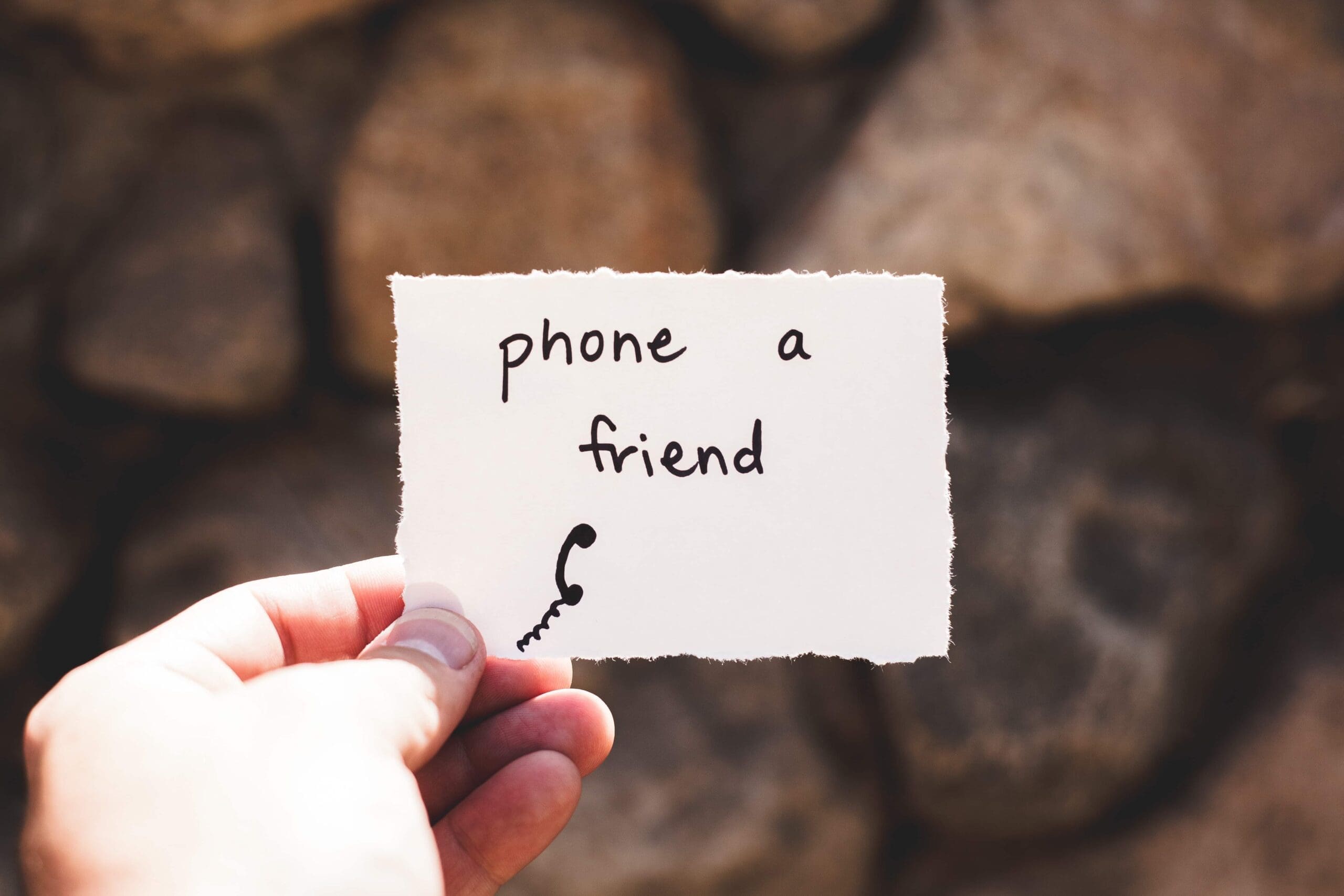Depression is a serious mental health condition with awareness created around the topic of seeking help. The issue with this strategy is that different genders react differently; hence, a generic awareness is not as productive between genders. More needs to be talked about men’s mental health in how to ask for help. We are going to discuss below why men refrain from getting professional help in such mental conditions, in order to understand the issue and possible aid in change;

1. Traditional Mind-set of Gender Roles in Our Society:
Society has been built such that men are assumed to take up the role of an emotional leader within the family structure. Men have been called a protector and a provider for ages that forces most of them to restrict their emotions to themselves as they do not want their family to view them as a weak person.
2. Men are Fixers:
Most men do not like to ask for help in their day to day lives for anything, hence asking help for their emotional distress makes them more stressful as they feel they are losing control of their lives.
3. Awareness is Not Targeted Effectively for Men:
We hear a lot about therapy for mental health, but not many campaigns are done for specific mental health with men, either it is generic or for women, which makes men feel as if this program is not for them and discussing their issues will make them more vulnerable.
4. Men Seek Help Differently than Women:
Women are much more likely to seek help for their mental health issues than men, according to experts from manhattanprimarycaredoctorsnyc.com. This is because women tend to talk freely about their emotions, but men do not feel comfortable doing that in front of others. A man who is depressed would like to take matters in his own hands rather than ask someone else to help him.
5. Social Support Groups of Men are Not Related to Emotions:


Support groups are common nowadays. Women, in general, have groups where they discuss their emotions and experiences. Men, on the other hand, mostly gravitate to groups where they do activities together. No matter your gender, those suffering from mental health need help and must find the appropriate actions that work for them personally.
6. Men and Women Choose to Get Help:
Women are prone to seek help even if they have minor issues, but men do not get help till the situation gets out of hand due to their sense of masculinity, and this delay leads to serious health effects, the worst case being suicide.
7. Men and Women Express their Problems Differently:
Women and men express their emotions; differently, women tend to show how they feel on the outside, whereas men typically keep it bottled up inside. Their depression will show in different ways, sometimes by being irritable or impulsive. This type of behaviour oftentimes masks the underlying issues and makes it difficult to recognize a man going through depression.
In Conclusion-Promoting Help-Seeking:
Depression is a serious issue affecting the mental health of many individuals; the only way to fight it is by promoting help-seeking. Tearing down those common misconceptions about mental health shattering them forever, affording everyone the help they need.




